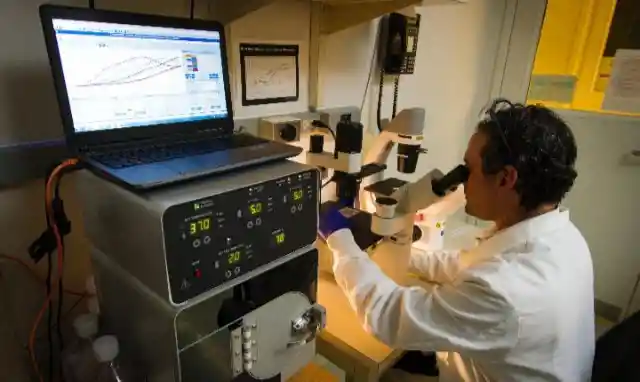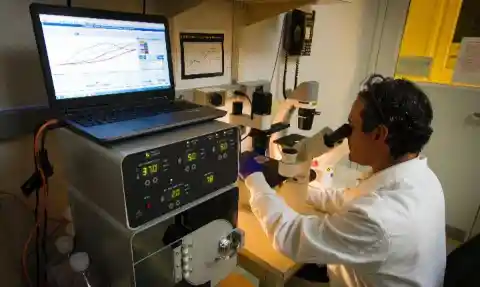

Researching and gene editing has been around for some tine within the livestock and agriculture industries. Gregor Johann Mendel was a scientist, agricultural expert, abbot, and friar at the Thomas Abbey in Brno. He became known for his work in modern science involving genetics.
He produced a hybrid pea plant but never could have imagined it would become a critical part of the future for scientific research. DNA researchers are now slicing a splicing these hybrid pea plants. The most recent breakthroughs have allowed for the sterilization of mosquitoes carrying malaria, leading to therapies for spinal injuries, sickle cell anemia, and now producing positive results for heart disease.
In 2018 at the University of Pennsylvania, studies revealed that research has found that approximately 20% of people have a gene that protects them from arterial plaques that can lead to heart disease. Researchers are now trying to find out how to introduce this same gene into the other 80% of the population. In a study at the University of Pennsylvania, mice underwent gene editing to study mutation which led to positive results.
The mice, over the course of one week, showed very low cholesterol. On top of that, the mice showed no signs of any side effects from the therapy. During the same time, other studies were being performed on other animals. In 2020 at the International Society for stem cell research, Dr. Sekar Kathiresan, and his team performed similar treatments with 13 monkeys. The results were dramatic and it seems liver cells were edited as well.
What does this mean for humans with high cholesterol? Kiran Musunuru, at the University of Pennsylvania, led a team of researchers regarding the mouse study. The study showed there is potentially a way to permanently treat patients with harmful blood lipid levels, especially those with genetic disorders causing high cholesterol levels which can lead to heart attacks.
Various gene therapies have led to modified crops to cloning and even come with a great deal of controversy. Diseases and disorders such as Alzheimer’s, multiple sclerosis, ALS, diabetes, and even certain cancers have responded well to genetic manipulation.
Recent reports have shown gene-editing studies might solve blindness, cystic fibrosis, HIV, heart failure, glaucoma, and many more.
Countries around the world feel that robust research and treatment is extremely important even if they are walking a thin line between ethics and science. Many countries, not including the United States, have come under attack for their approaches on accepting gene editing. As an example, the U.S. has very strict laws when it comes to cloning of different species to insert organs into humans, including the brain, and lab animals are highly controversial within the medical community.
Critics believe that scientists are “playing God”. Also, members within communities that are afflicted by these conditions, while scientists are working to cure with therapy. Some communities including the deaf have expressed their views that gene editing is a hopeful alternative for their conditions and for their futures.
Many people have different points of view on the subject of gene editing. If listened to, all voices and even decisions will be made with the greatest of care and respect. The bottom line, gene therapy will bring about positive outcomes for the future.